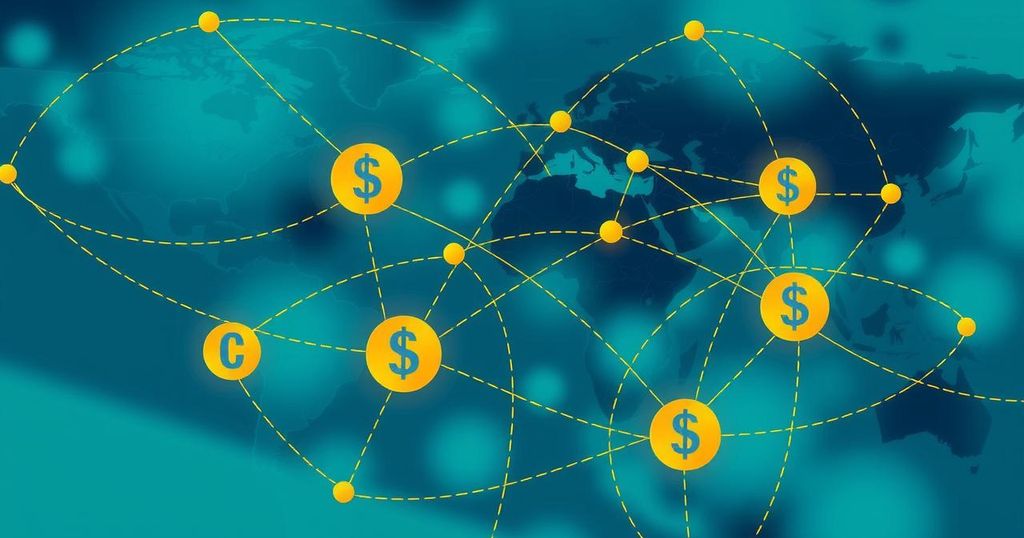Trump’s Tariff ‘Liberation Day’: Impacts on Global Trade

Trump’s administration is set to announce reciprocal tariffs affecting all U.S. trade partners on April 2. These measures aim to address unfair trade practices. Immediate implementation of tariffs is expected, particularly impacting countries with high import duties, while Canada and the EU prepare their responses.
Donald Trump’s administration is poised to announce new “reciprocal tariffs” affecting all U.S. trade partners. This announcement, referred to as “Liberation Day,” will happen on April 2. White House spokeswoman Karoline Leavitt emphasized that the upcoming tariff plan aims to address unfair trade practices prevalent over recent decades, pushing for changes that favor American industry.
Leavitt stated that the new tariffs on countries that impose high duties on U.S. goods would be implemented immediately, while a specific 25% tariff targeting auto imports would start on April 3. Trump has also been convening with his advisors to ensure the announcement is articulate and effective.
Trade partners like India are adopting a cautious approach due to the uncertainties arising from these tariff strategies. Leavitt indicated that the imposition of reciprocal tariffs will be determined solely by Trump’s discretion. India is actively pursuing a bilateral trade agreement with the U.S., navigating these developments amid Trump’s expectations for India to significantly lower tariffs.
Indian officials are strategically preparing for various scenarios that align with potential implications of the tariffs. Reports suggest that US Treasury Secretary Scott Bessent informed Republican lawmakers that the new tariff announcement could set a cap on the highest tariff levels imposed on foreign goods, allowing reductions if trade partners comply with U.S. demands.
According to The Washington Post, aides within the Trump administration are considering escalating duties by about 20% on products from all countries, with projected revenue designed to support affected sectors through rebates. Conversely, The Wall Street Journal noted that alternatives to a 20% universal tariff might also be designed targeting specific nations.
In response to Trump’s tariffs, major U.S. allies are asserting their positions. Canada’s Prime Minister Mark Carney has declared that Canada will react with its own tariffs against what it considers unjust trade actions. EU executive chief Ursula von der Leyen has expressed a preference for negotiation but affirmed the EU’s preparedness to defend its industries against these tariffs.
In summary, Trump’s impending “reciprocal tariffs” are set to affect trade relations globally, with immediate impacts expected. The specifics of these tariffs, especially concerning their sizes and implementation timelines, highlight a strategic shift in U.S. trade policy aimed at addressing perceived inequities. Major trading partners, particularly India and Canada, are preparing their responses while striving to negotiate favorable outcomes amidst rising trade tensions.
Original Source: www.hindustantimes.com







